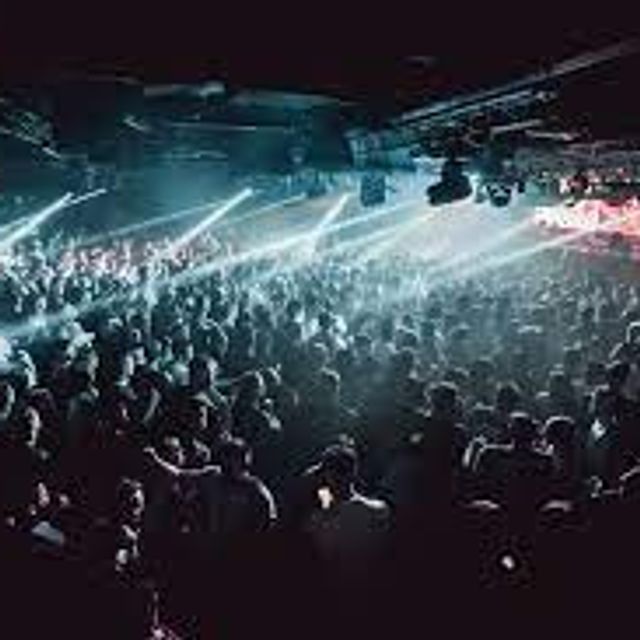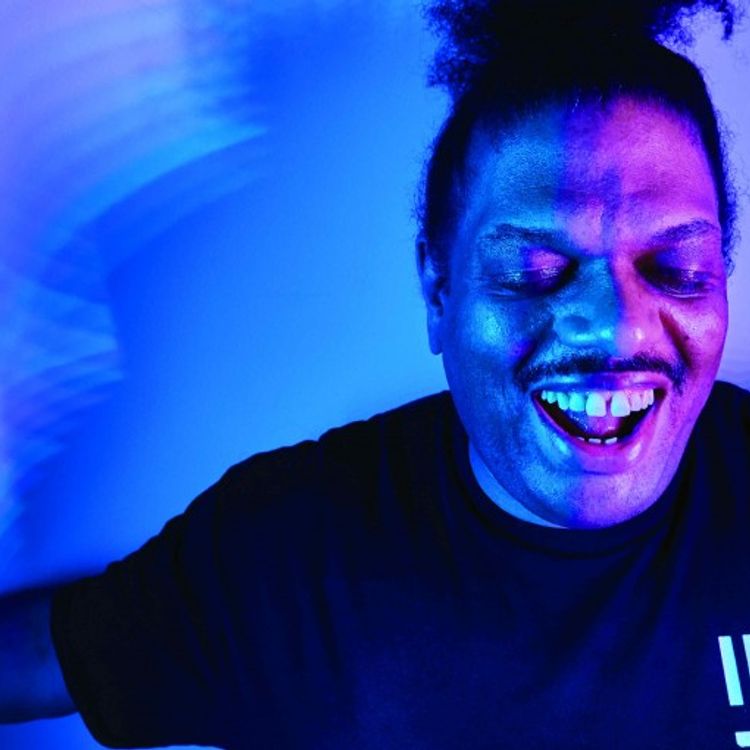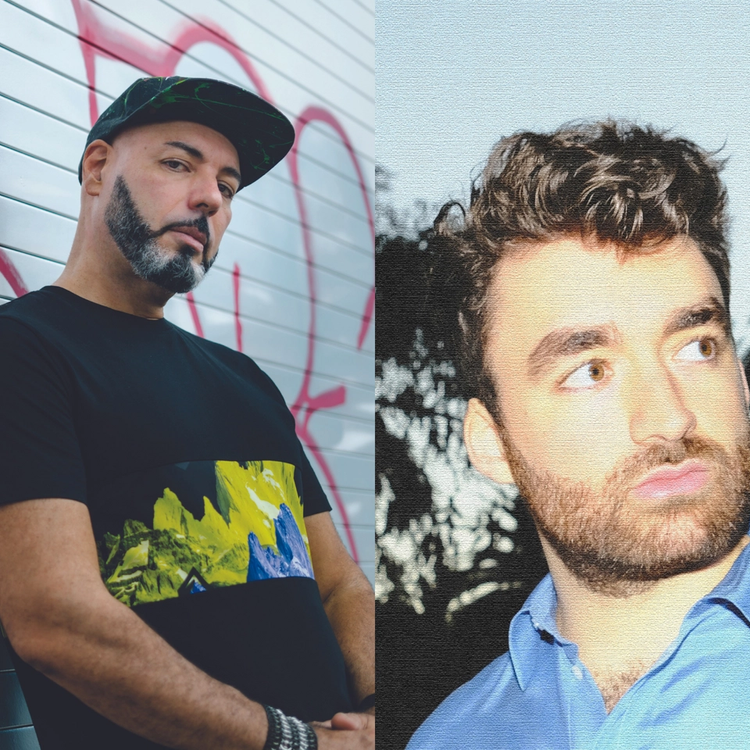
Ministry Of Sound
Location
Venue History
Modern British clubbing may have been altered by Shoom in December 1987; however, the template for the contemporary British club—the layout, the sound system, the vibe—was created by Ministry of Sound. The landmark club opened thirty years ago in a former bus depot in London’s Elephant & Castle, with four separate dance floors and numerous bars, not to mention the most three-dimensional speakers in the business. Founded by DJ Justin Berkmann, also a resident for the first four years, Ministry became one of the most widely known clubs and clubbing brands globally, licensing dozens of mix CDs during the nineties and 2000s and even, for a time, siring its own magazine. Improbably, Ministry still steams on thirty years after the fact, still in the exact original location. Gray Area’s Michaelangelo Matos spoke with Berkmann about opening the club and keeping it going all this time later. GA: It is widely accepted that there is British clubbing before and after Ministry of Sound. When you started working on the club, what did you want to see changed about nightlife? JB: When I went to New York, I obviously was already very interested in the nightlife industry. I suddenly saw that there was a different level of order—these people were playing almost a different sport. It was just such a different level of professionalism, just everything, the whole way the clubs were run, the vibe. It’s probably lucky I didn’t go to Japan because I might have had my head blown off by them because I think they’re even further ahead. But New York was exciting and so sophisticated in terms of its clubbing. When I came back to London, I saw that the market suddenly was ready for it, but there wasn’t really anywhere for it to go. And that’s why everyone was going to do it in fields: Because the system, the government, didn’t want that undesirable element of the population—they didn’t want us to do what we wanted to do, and we wanted to dance. So we ended up in fields, having to drive for six hours and halfway across the country together. What I wanted to change when I did Ministry was to give the people here what I’d experienced over there. It was just to give people a place to go then, hopefully thinking that people would then copy and make other places, which they actually, basically did. GA: You obviously took off from the Paradise Garage’s sound system. What were most British sound systems like, and how was Ministry’s different from them? JB: With the exception of Heaven, most nightclubs’ sound systems were adequate, nothing more. They were OK. There were some that were good, and there were lots of poor [systems], but none that were brilliant. Again, in New York, the bar was so high that you could see that everyone invested a lot into sound. [I came] back to London and went to the Hippodrome. They had invested 90 percent [of their budget], or something like that, into their lights. And I did [the party] Trade there, and they had no concept of sound. It was all about lights. When I first moved back to London, February 1988, I immediately got a residency at Heaven. It was in a long arch and had very good sound pressure. For London clubs, it was probably the best at the time, and I played there for two years. It was through meeting people from Turbo Sound, at the same time that I met the guys I started Ministry with, that the sound system started developing. Later on, I realized that to do the right system, I had to get Richard Long, or what was left RLA [Richard Long Audio] at that point, to do the installation. I wanted to get something that had the sense of the Garage, so that’s why we went to the RLA people. It was Kenny Powers and Austin Derrick. GA: From 1991 to 1994, you were a Ministry resident. Which nights from that period stand out in your memory? JB: Most of them, but probably two that were really different: Larry Levan’s memorial, where we had people from the Garage come over to the party—that was incredibly spiritual, meaningful, emotional, critical. That was a beautiful party. The other real pivotal moment was when we had a Hot 97, the New York radio station, party in Ministry where Frankie Knuckles played. Two hundred competition winners from the radio in New York were flown over and had a party at Ministry. Two hundred New Yorkers came and infected Ministry with the vibe of New York. I don’t know if the club really recovered after that. It was always—people danced better. There was an element of New York to the club that was never there—before, it wasn’t so prevalent. They showed everyone how to do it. The energy of the dance floor changed, and they got more wild. I never realized how important doing something like that was. GA: How many nights a week was it open at first? JB: Initially, we worked on Saturdays only. And then we tried to get the Friday going. We tried a couple of different concepts that didn’t work. Eventually, maybe six months in, after having various different ideas, we settled in with the progressive night, which worked really well. We had Justin Robertson and Darren Emerson in residence. To be honest, it’s a bit like trying to remember a parachute jump. You remember going out the airplane, the landing, but pretty much everything in between just flew by in seconds. GA: Tell me about what it’s like right before that door opens. What have you been doing? How long have you been up? How long were you working on that club before you opened the doors? JB: We were up three days beforehand painting the walls because we, in effect, built the entire place, lock, stock, and barrel, in twelve weeks. They slept on site. They had two crews. They built the club incredibly fast, so we were ready. We had a soft launch on the first day for friends and family, and journalists. We had about four hundred people. And that was a really nice experience. The actual opening night, if I’m honest, I don’t really remember that much, partially because it was such a long time ago and also because it was just so hectic. I remember everyone being there. I remember my parents being there for the only time. We didn’t actually advertise before anyone was at the club. We only told them that it was opening. I had already gone out and found a thousand members, handpicked them at other clubs. And we posted to them the invitation for the opening nights. They were allowed in free, plus one. Fourteen hundred people showed up. GA: That’s a good opening night for no advertising. JB: Yeah, no advertising—no previous knowledge, no reputation, nothing; just the chatter that had been going around. This is pre-Internet. I thought it was incredible work. The one thing I remember most about the first night was that one of the two digital processers broke, and we lost [sound on] three [speaker] stacks in the main room. So we only had one side [of speakers working], and everyone walked in. You know, these things happen. GA: The club has been in one spot for thirty years. Has there ever been a worry that the club might have to leave the Elephant & Castle? JB: I think you’ll find that the underlying story of what is going on with Ministry is a lot more than people would know. Fundamentally, everyone around them would like Ministry to go. There are nightclubs that came into existence when no one was there. And then subsequently, people have moved into the area. And then, subsequently, they decide that they don’t want a nightclub next door and want to try and kick-kill Ministry. So, unfortunately, there’s always someone who wants Ministry to go away. But fortunately, Ministry is protected, much like theaters. You know Shakespeare’s Globe Theatre, which is a historical site, has the same protection as Ministry of Sound. So it’s going to be really tough for these people to get the club to shut up. But it has meant that we can’t make as much noise. We can’t have parties in the forecourt in the daytime anymore. Or in the nighttime, I should say or anytime. It’s made life a little bit more difficult. So, yes, there are always people who want us to go away, but you know, we’re 30 now, and we’re hopefully not going to go anywhere.


